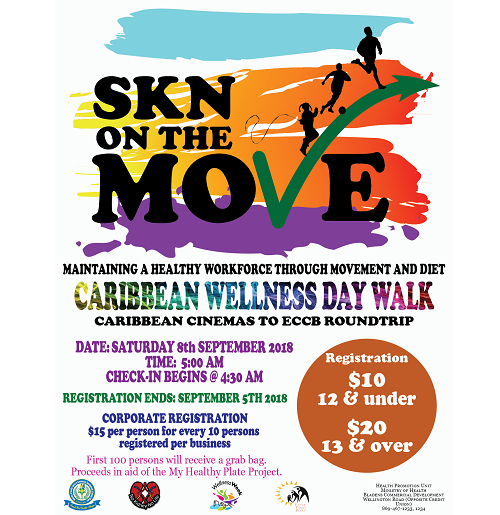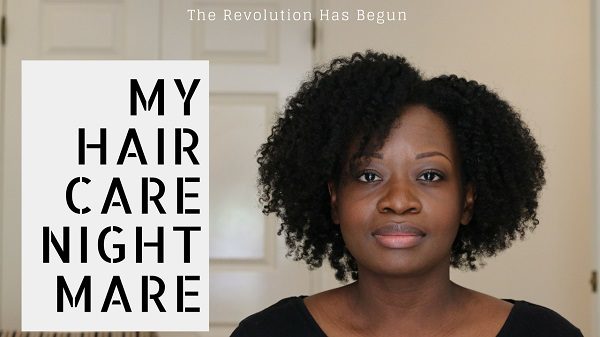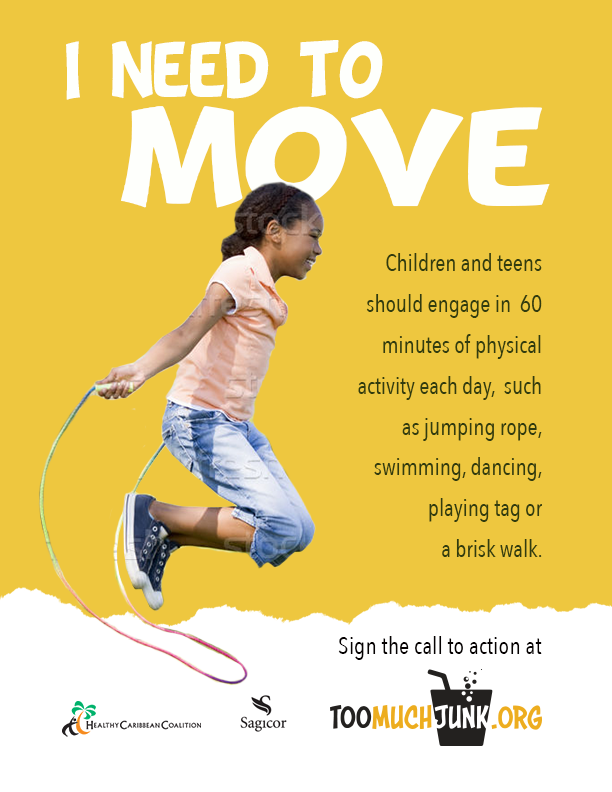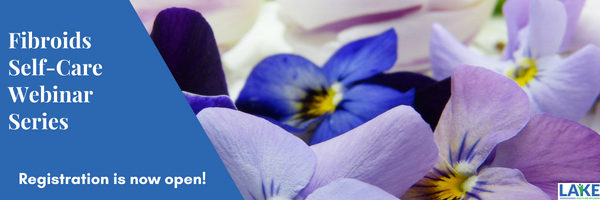My Haircare Nightmare – Help Us Start A Revolution
We are absolutely delighted to announce that the My Hair Care Nightmare Documentary Crowd Funding campaign is kicking off on Monday 3rd September, and we’d absolutely love for you to be involved.
We’ve teamed up with Tola Okogwu of My Long Hair Journey and filmmaker Sheila Marshall to answer the question: Are Black Hair Care Products Safe? We aim to highlight the recent research which showed that 80% of black hair products tested contain endocrine disrupting chemicals and ingredients linked to asthma.
Our goal is to educate and empower women caring for Afro textured hair so they can make an informed decision about the products they choose to buy and use. The film also seeks to highlight alternative and safer brands so that consumers realise they have options.
We’d very much appreciate you supporting our crowd funding campaign by making a donation and helping us spread the word so we can raise the funds to make this film a reality. We want to make a big splash and create a buzz this week. If you can please post about the campaign on your social media platforms and let your networks know, that would be great. We started a hashtag #MyHaircareNightmare where people can share their hair and product stories.
The link to our Indiegogo Campaign Page is https://igg.me/at/myhaircarenightmare
We’ve included some images and videos in the Dropbox folder below. Please use #myhaircarenightmare and tag us @myhaircarenightmare (Instagram) and @myhaircarenigh1(twitter).
https://www.dropbox.com/sh/ek76ijvmyx8hzej/AADUvB3z4Vrz70lLdSkLzrXra?dl=0
Don’t have time to create a post? Have no fear, below are some suggested posts.
- Are your hair care products safe? My Haircare Nightmare documentary aims to find out. Support @myhaircarenightmare (Instagram)/ @myhaircarenigh1 (twitter) Indiegogo campaign to help make this film happen. https://bit.ly/2NwnOJm #MyHaircareNightmare #HaircareNightmare
- We’re supporting @myhaircarenightmare (Instagram)/ @myhaircarenigh1 (twitter) indiegogo campaign because 80% of hair products marketed at black women contain potentially harmful ingredients. Be part of the REVOLUTION by giving at https://bit.ly/2NwnOJm. #MyHaircareNightmare #HaircareNightmare
Want to have a bit more fun? Then share your #HaircareNightmare story.
– Tag your friends, nominate other people. Help us to get the conversation going
– Your post could make all the difference
What We Know
Research published in April in Environmental Research found that 80% of black hair products in this study contain endocrine disrupting (EDC) and asthma-associated chemicals. A second study published in 2017 by researchers at Rutgers University found a link between breast cancer and the use of hair dyes and relaxers and a research study published in 2012 identified a small link between fibroids and relaxers.
We surveyed 215 black women and 86% of respondents were very concerned and 13% of women were concerned about the main conclusion of the study published in April.
63% of women in our survey stated they didn’t feel able to identify the chemicals, that researchers stated may be cause for concern, and a further 30% stated that they can only sometimes identify these chemicals.
The most recent Nielson Beauty & Personal Care Report stated that black women spend nearly nine-times more than their non-black counterparts on hair products, demonstrating a high quantity of product consumption, which means exposure to any chemicals could be high and long-term.
More Information
We really appreciate your support! Let’s make a difference and once and for all get to the bottom of this issue. For more information please email info@lakehealthandwellebing.com and you can also sign up to the My Haircare Nightmare mailing list here
Looking For Organic Black Hair Products?
Check these brands out:
Afrocenchix
Almocado
Camille Rose Naturals
Pure Goodnes
Root2Tip
Shea Butter Cottage
Shea Decadence
Yaphene
CARA B Naturally – Natural Products for African American babies
And view some more on Amazon – Organic Black Hair Products
Disclosure: this post contains an affiliate link. Find out more here


















